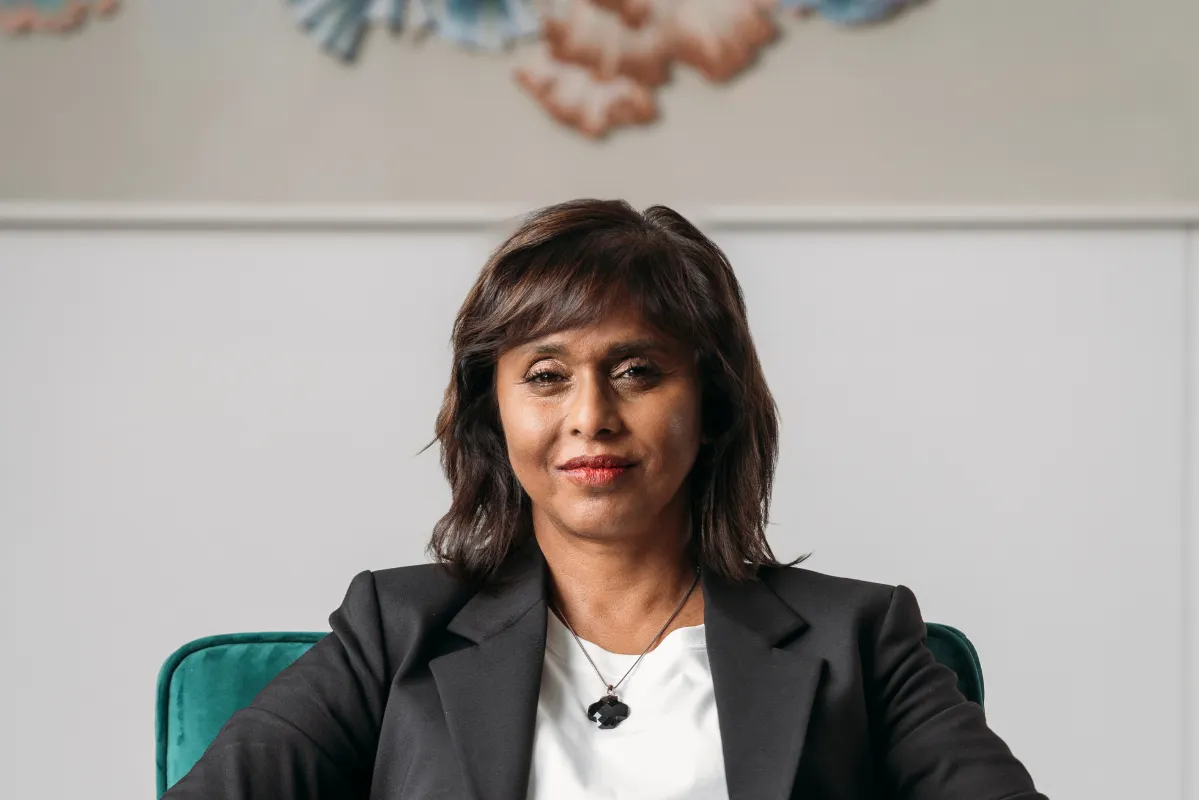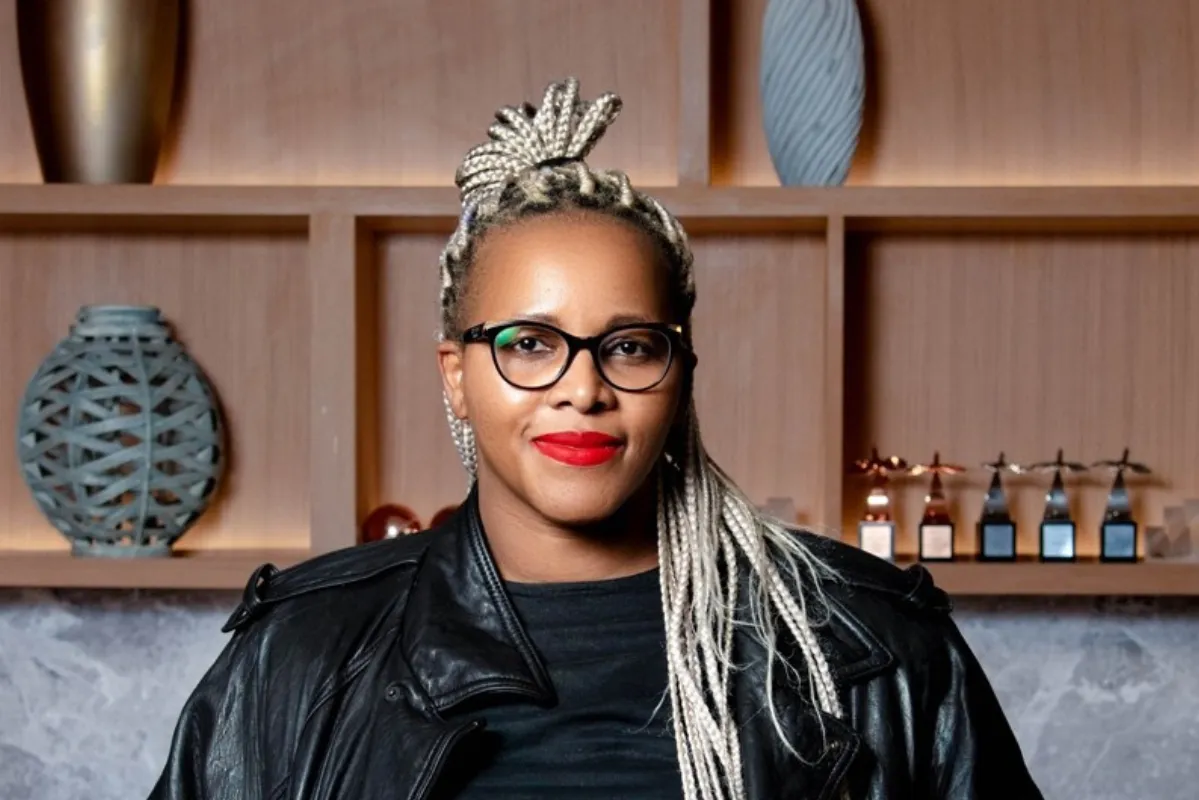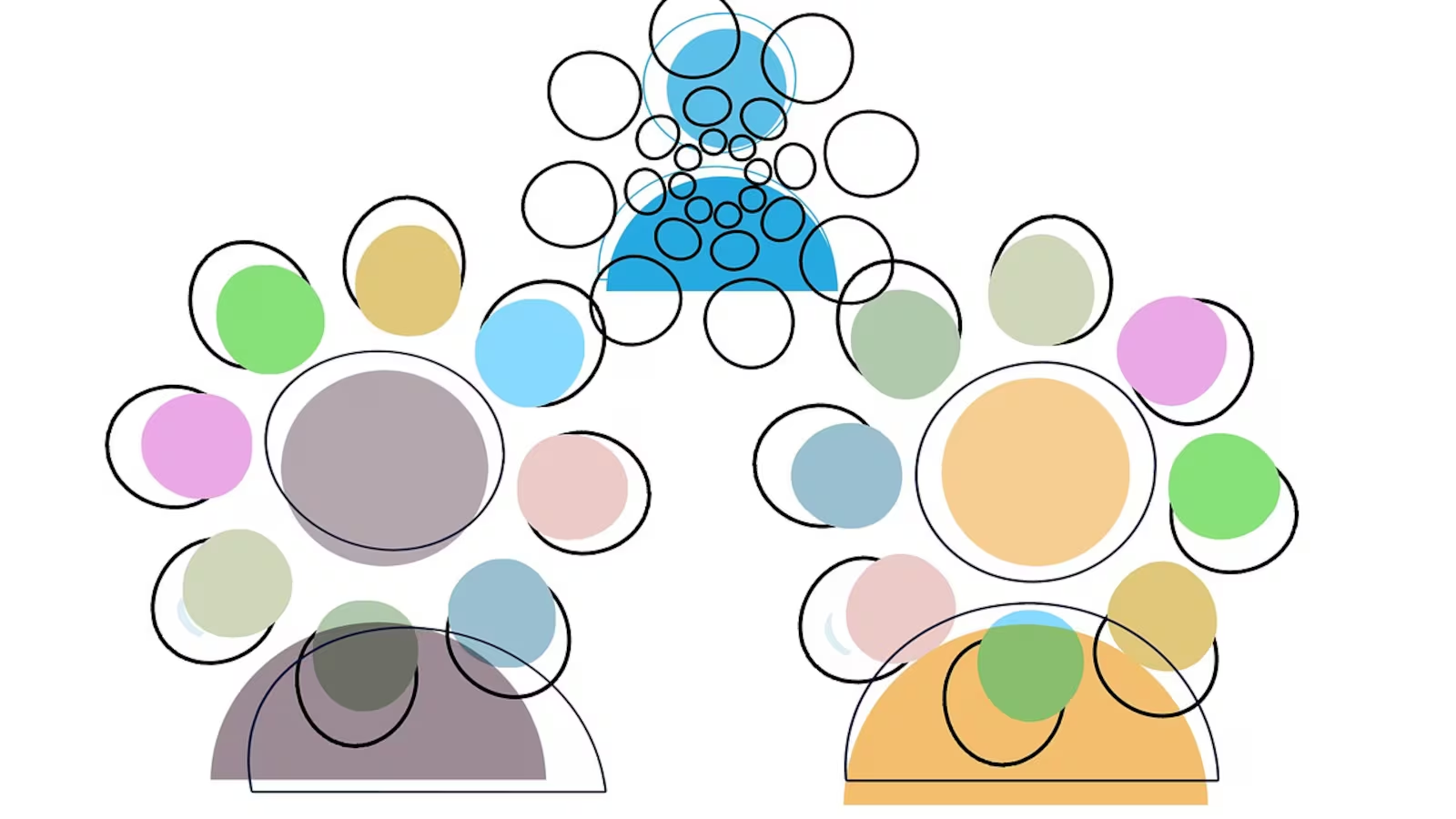
Antifragile media: thriving in chaos, not just surviving it
Agencies should accept chaos as normal, and should design strategies to deal with it and make them stronger and resilient.
Working in an agency means living in chaos. One minute you're finalising a plan. The next, the client shifts the brief, meta changes its algorithm, or a platform goes dark in a key market. Budgets move, timelines compress and the “final” deck gets three more versions before lunch.
But here’s the thing: chaos isn’t the exception. It’s the rule.
Working in an agency means living in chaos. One minute you're finalising a plan. The next, the client shifts the brief, meta changes its algorithm, or a platform goes dark in a key market. Budgets move, timelines compress and the “final” deck gets three more versions before lunch.
But here’s the thing: chaos isn’t the exception. It’s the rule.
So instead of resisting it, what if we designed our media strategies to benefit from it?
It’s an idea born out of Antifragile, a book by Nassim Nicholas Taleb. He argues that some systems don’t just withstand volatility, they actually improve because of it. They shouldn’t just be resilient, they should be antifragile.
And that’s exactly the kind of thinking we need in media today.
Taleb provides a simple mental model to differentiate between those that are fragile, robust and antifragile.
Fragile systems break under stress. Think rigid media calendars with no wiggle room. One disruption and everything collapses.
Robust systems survive stress, but don’t change. The campaign makes it to the end, but nothing was learnt or improved.
Antifragile systems get better under stress. They adapt, learn and evolve through volatility. They grow stronger the more pressure they face.
Our goal should be to build media strategies and execution that fall into the third category.
At Connect, we have been working to make our systems and strategies more antifragile. Not by chasing perfection, but by embracing experimentation, decentralised insight and speed. It includes localised campaigns, fast feedback loops and built-in experimentation, as well as centralised tools with local autonomy.
National campaigns can look great on a spreadsheet, but they can miss the nuance that actually drives results. That’s why we back what we call a “Ground War” approach to complement the “Air War” of a national campaign; essentially running large volumes of localised campaigns tailored to specific regions, languages and market dynamics.
This approach surfaces insights faster, allows us to adjust to real-world feedback and ultimately drives better outcomes. This is especially true for large newcomer brands such as Astron Energy and in pan-African campaigns such as we see for MTN, in which each country operates under different media conditions.
In other words, we trade overarching control for attention and responsiveness. And that makes a campaign stronger.
As far as fast feedback loops and built-in experimentation are concerned, we never assume we know what will work. We test it. Creative rotation, channel mix, budget allocation and reallocation, these are all up for adjustment based on what we learn in-flight. A campaign isn’t something we launch and leave. It’s something we evolve.
Taleb talks about the “barbell strategy”, investing most of your effort into what’s known and stable, while allocating a small portion to potentially risky, high-reward experiments. We do the same with media: 80% on what works, 20% on what might surprise.
We’ve built a centralised data and planning infrastructure across markets. Automated planning tools and reporting dashboards give us shared visibility and consistency. But we don’t centralise decision-making for the sake of control. We give markets the autonomy to respond to what’s happening on the ground. That’s where real adaptability lives.
The approach leads to faster learning, higher creative relevance, stronger campaign performance over time and less disruption when unexpected things happen (and they always do)
You can’t have an antifragile strategy without antifragile people. That implies teams that aren’t afraid to try things, who know they’re allowed to course-correct and who are measured on learning and outcomes, not just outputs.
It’s also about culture. Do we punish things that don’t work, or do we ask what we learnt and move forward smarter, always solving in the positive?
As Taleb puts it, “trial and error is freedom.”
When we stop trying to control every variable, we get better at responding to the ones that matter.
An antifragile media approach leads to faster learning, higher creative relevance, stronger campaign performance over time and less disruption when unexpected things happen (and they always do).
Chaos isn’t going anywhere. If anything, it’s increasing. The media environment is fragmented, attention is scarce and change is constant. So don’t build fragile systems and pray they hold. Build strategies, and teams, that get stronger when tested. Taleb says: “Wind extinguishes a candle and energises fire.”
Let’s be fire.
Scott Reinders is the chief operating officer for Connect, the media agency in The Up&Up Group.
The big take-out: The media environment is fragmented, attention is scarce and change is constant. So don’t build fragile systems and pray they hold.
More Articles
.png)
Content marketing agency 2Stories has been named Best Medium-Sized Agency of the Year at the 2025 International Content Marketing Awards (ICMAs) in London, earning international recognition in its first year entering the global awards programme.
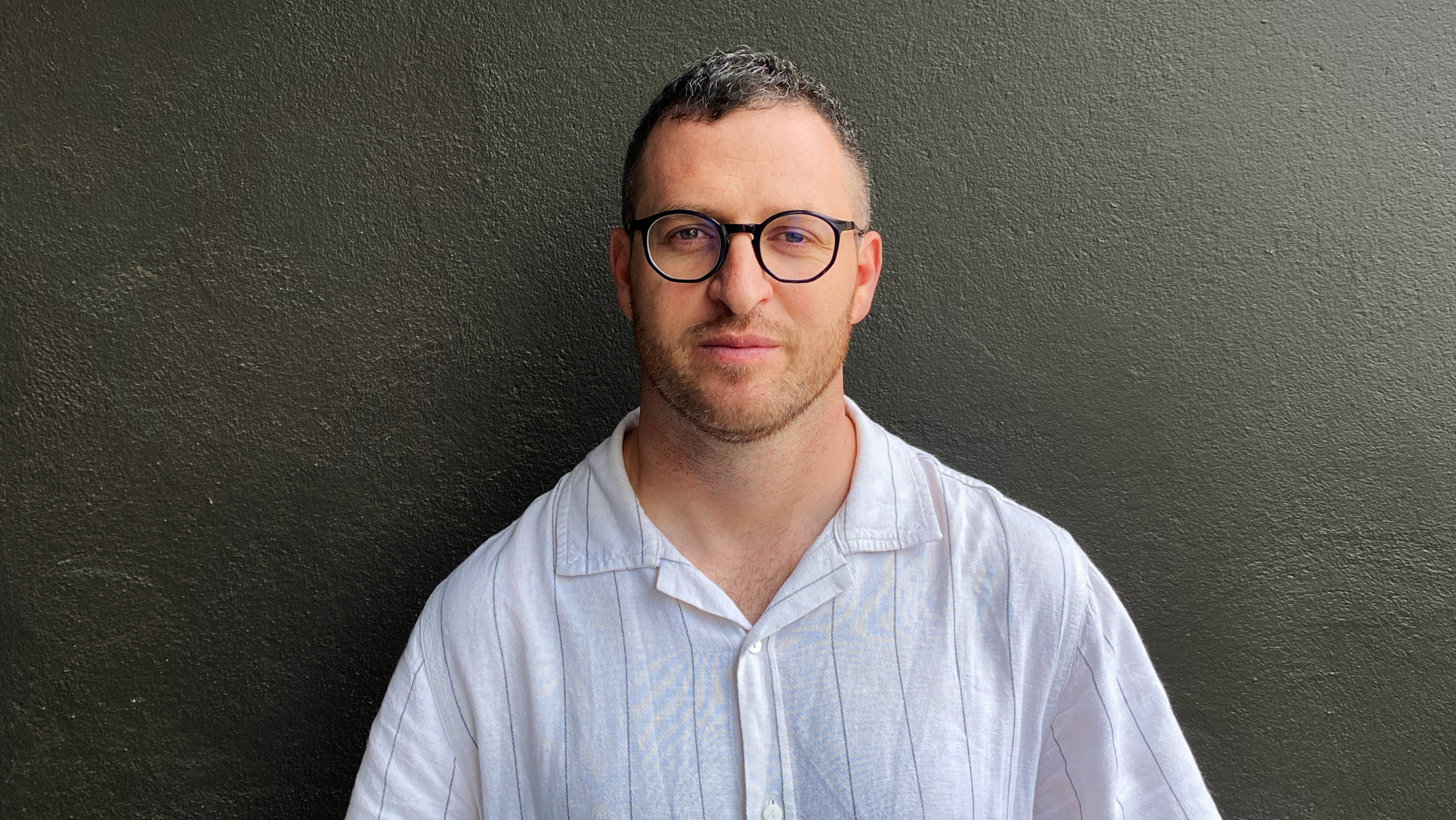
Robin Scher, content director at Razor PR on the incentives shaping today’s platforms and how they are quietly rewriting the rules of trust
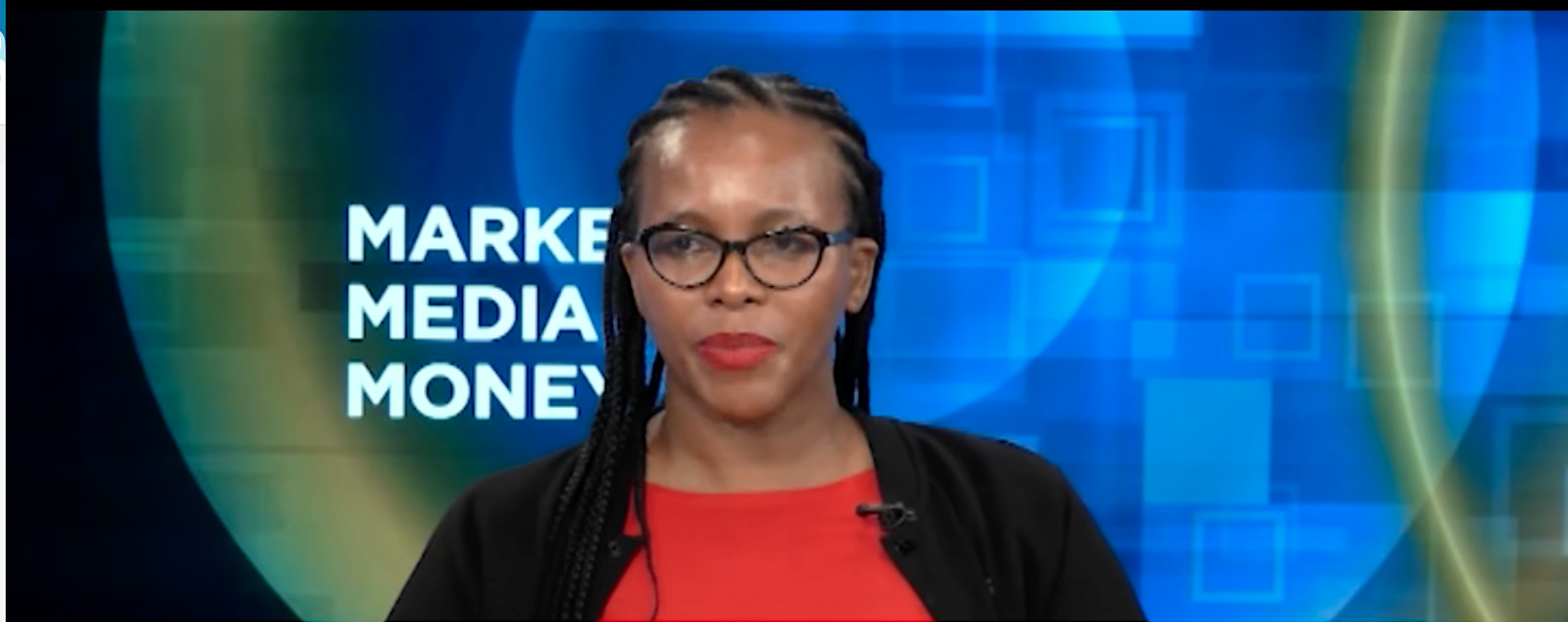
As we look forward to a new year filled with opportunity, we look back at the marketing and media industry highlights for the year that was, and our guests discuss industry expectations for 2026.

The strongest defence against AI or any other tech, has never been production or process. It’s relationships.
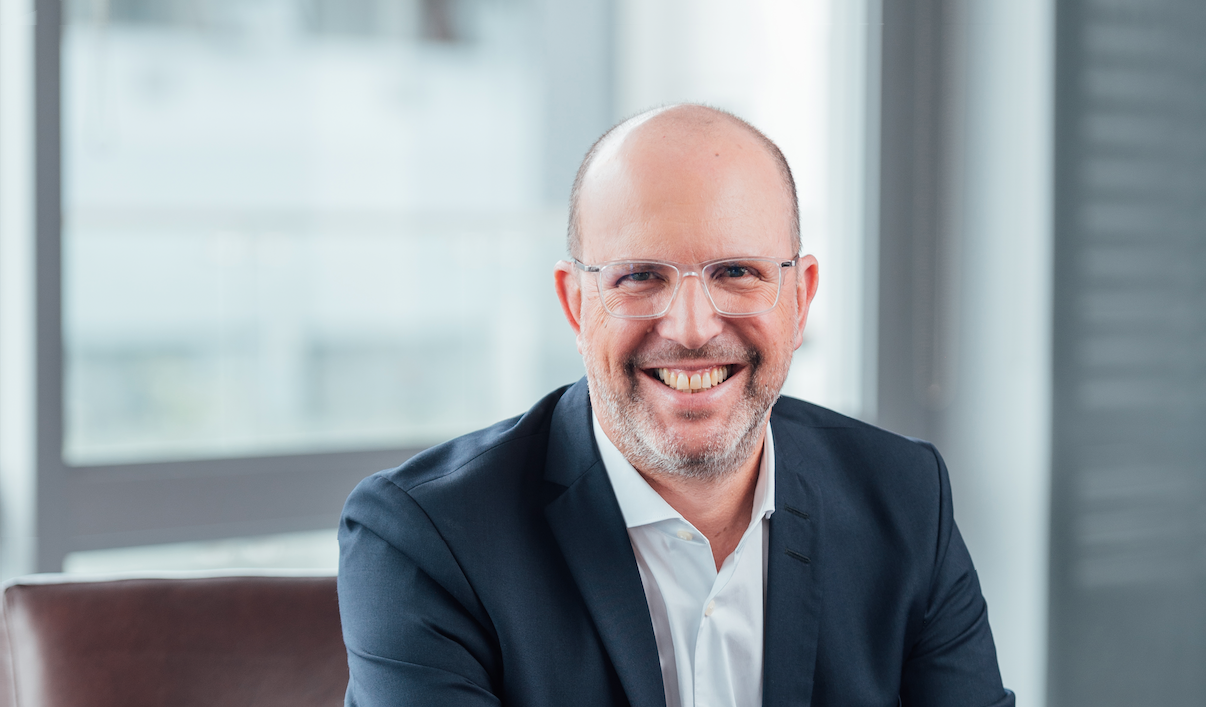
From credit upgrades to stable governance, early signs of lasting recovery show South Africa finally moving in the right direction.

Leaders who invest in original thinking today will gain more of tomorrow’s markets
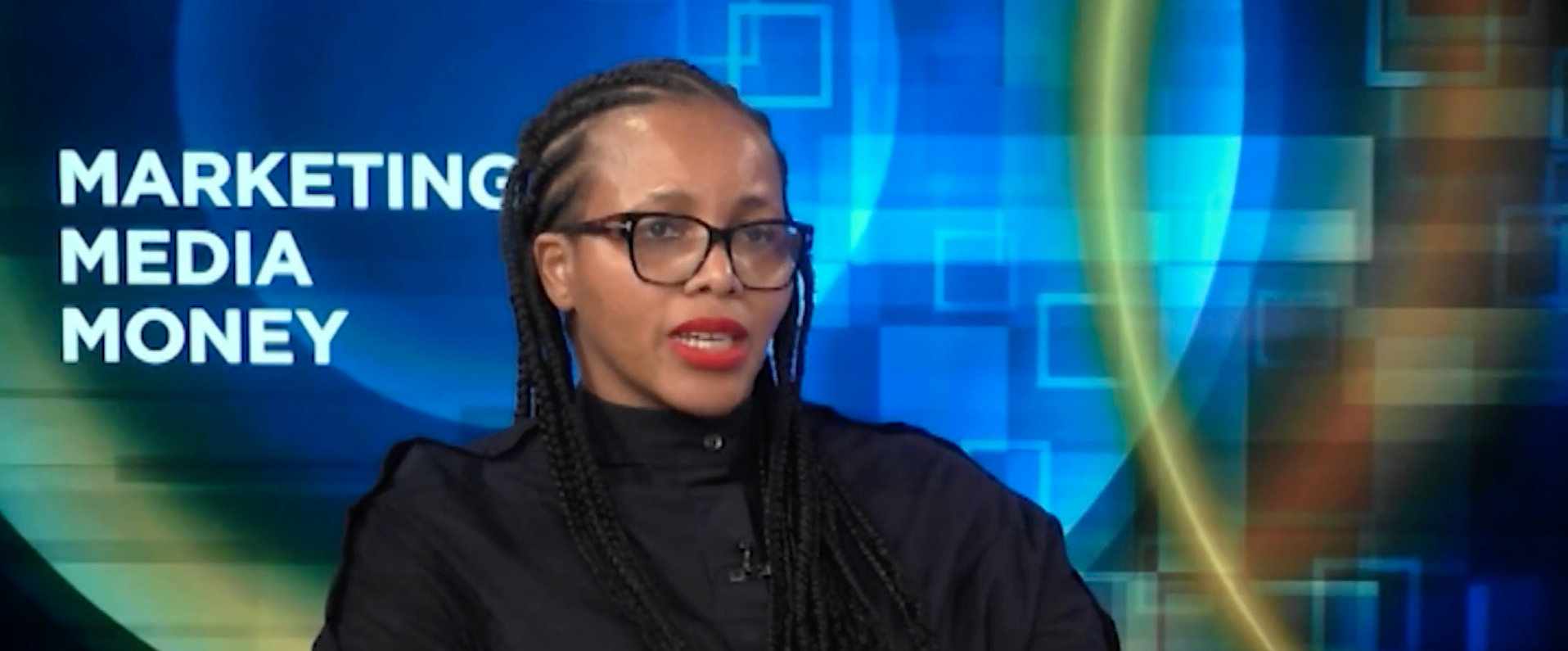
Women's influence in marketing cannot go unnoticed as more and more women take up leadership positions in the marketing and advertising industry. In addition, women are the majority decision makers and influencers when it comes to household purchases. We explore the depth of this influence.

An increasingly challenging and competitive business environment demands a fresh B2B marketing perspective.
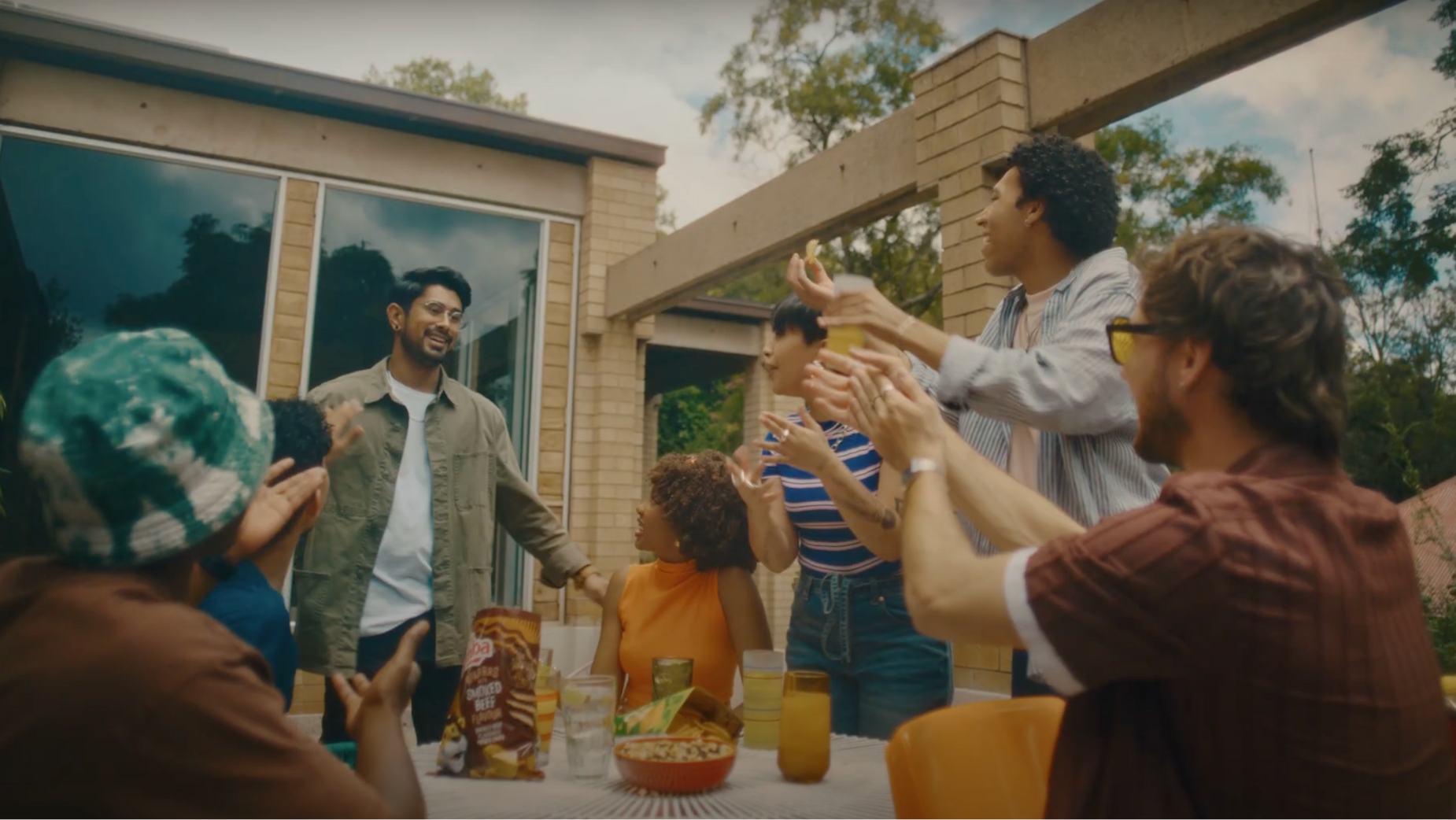
The campaign, created with M+C Saatchi Abel, aims to inspire South Africans to intentionally find time for moments of togetherness that matter
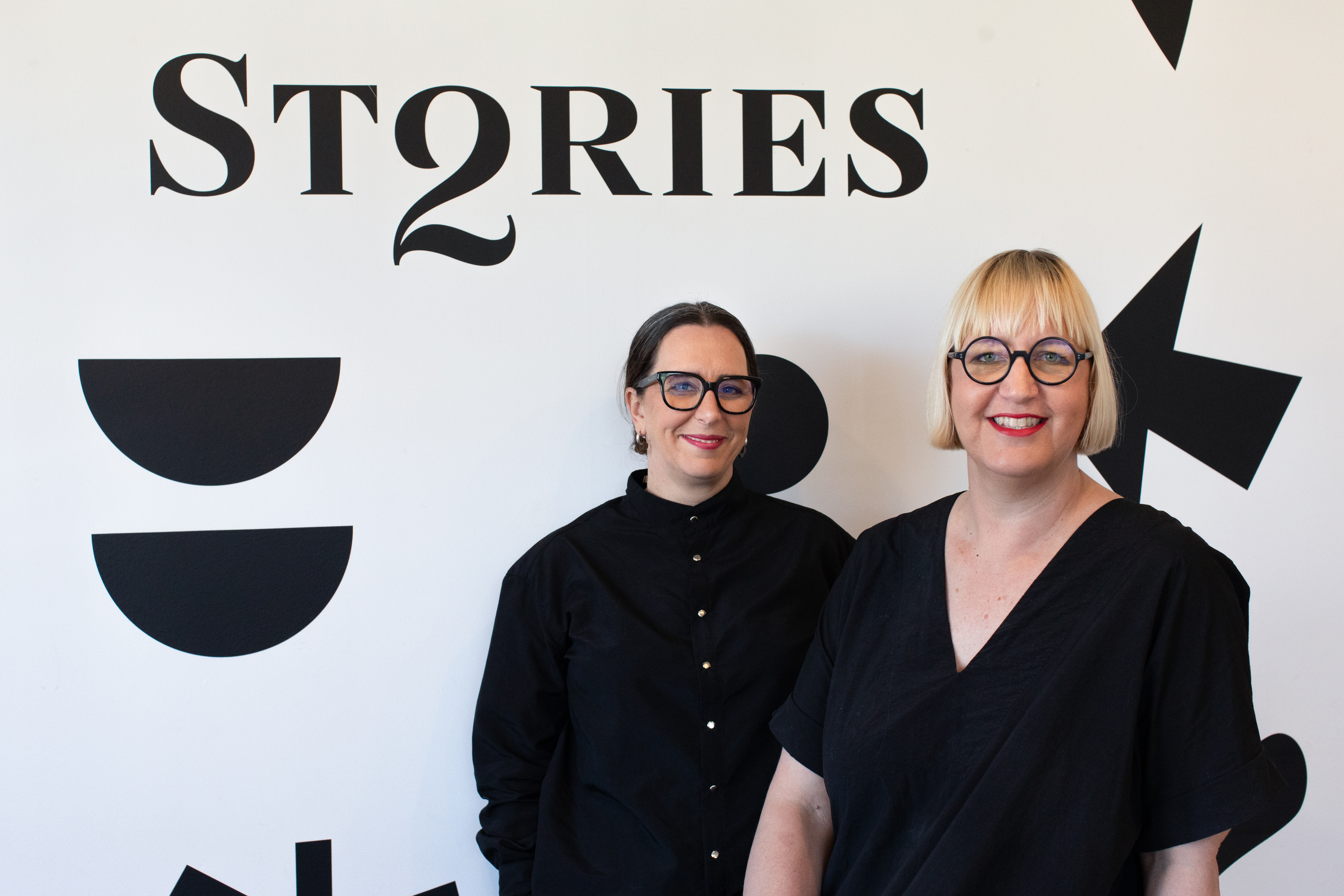
Life Healthcare, one of South Africa's private hospital groups, has appointed 2Stories to lead their integrated, patient-first communications strategy. The scope of work spans content-led initiatives, community building, stakeholder engagement, internal communications and proactive media relations across the Life Healthcare Group.
.jpeg)
Picture the scene: It is late in the evening on 11 March 2000. Food in abundance and a buzz in the living room boils to a crescendo as Vuyani Bungu is about to face off against the extreme “Prince” Naseem Hamed in London. It’s hushed tones as the South African enters the ring, followed by cheering and shadow boxing, urging the local hero to make the country proud.

The Up&Up Group has announced the launch of its 2026 LevelUp Grad Programme.
.png)
85% of digital marketing spend is wasted, according to world-renowned media scientist Dr Karen Nelson-Field.
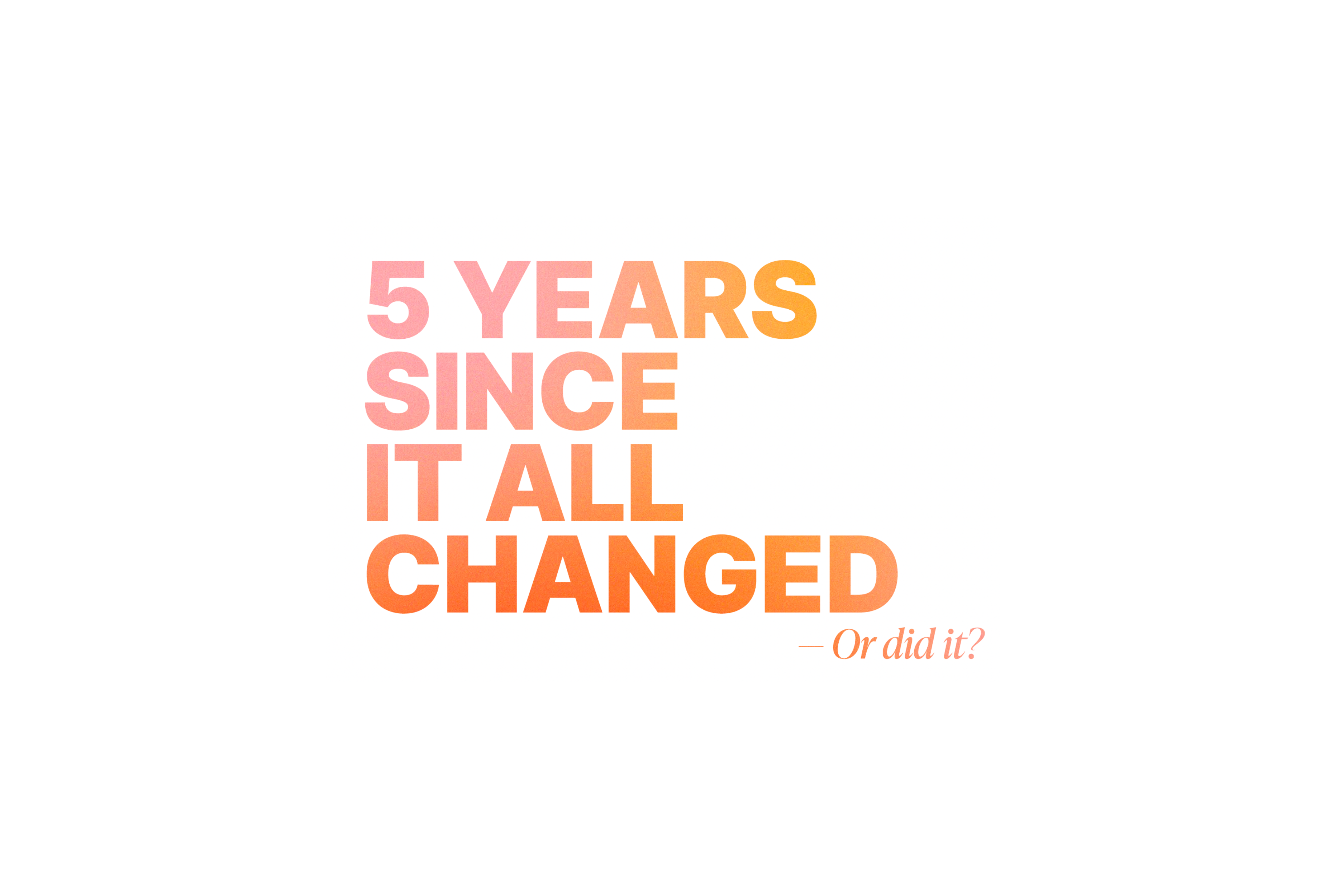
This report reveals exactly what has, and hasn’t, changed in the lives of consumers since the pandemic.

Let’s embrace the ethos of sharing and collaboration

South Africans need to dig deep, plant wisely and nurture carefully
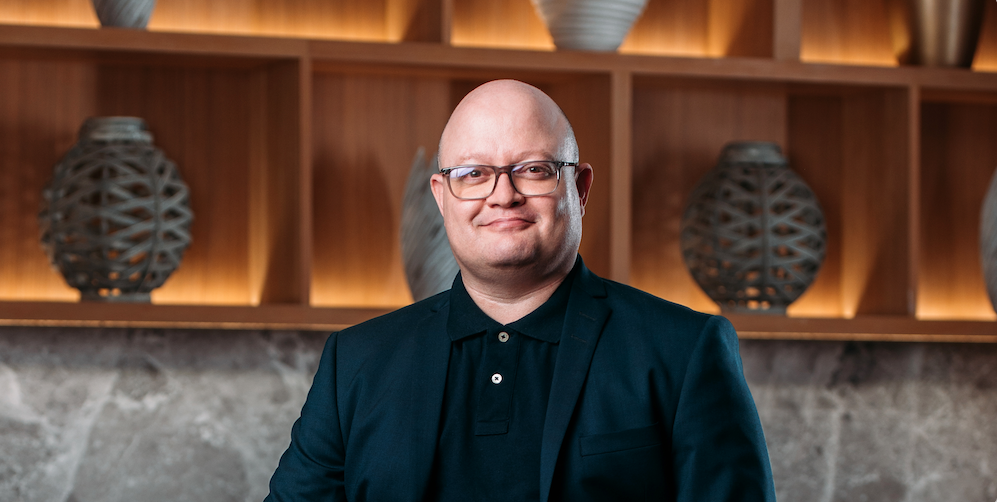
PR is no longer just about professional PR, it is about a deeply embedded and strategic communications function that both promotes and protects brands and reputations - exactly what Razor PR set out to do when it opened its doors in 2020.

Brands would do well to fundamentally reconstruct their engagement strategies from ‘demographic targeting’ to understanding and engaging with passion communities
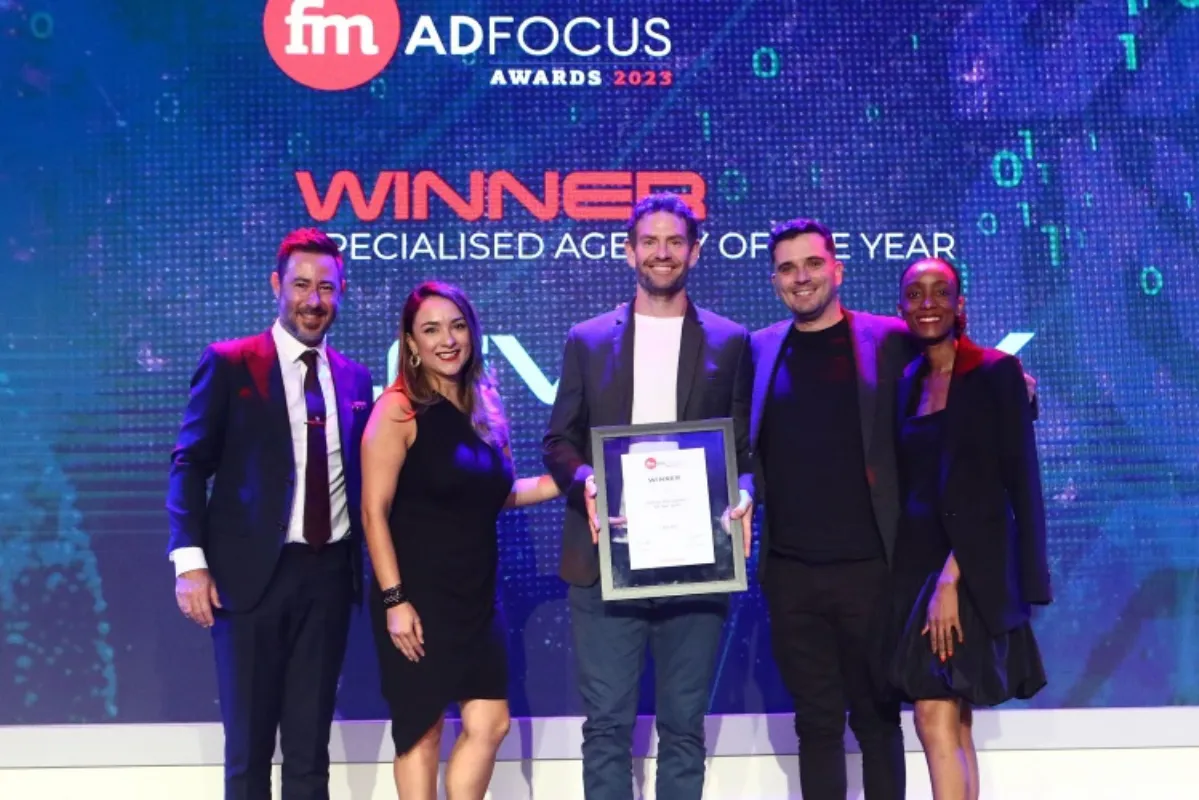
Levergy has achieved the distinction for the second consecutive year after winning the Adaptability Award in 2021
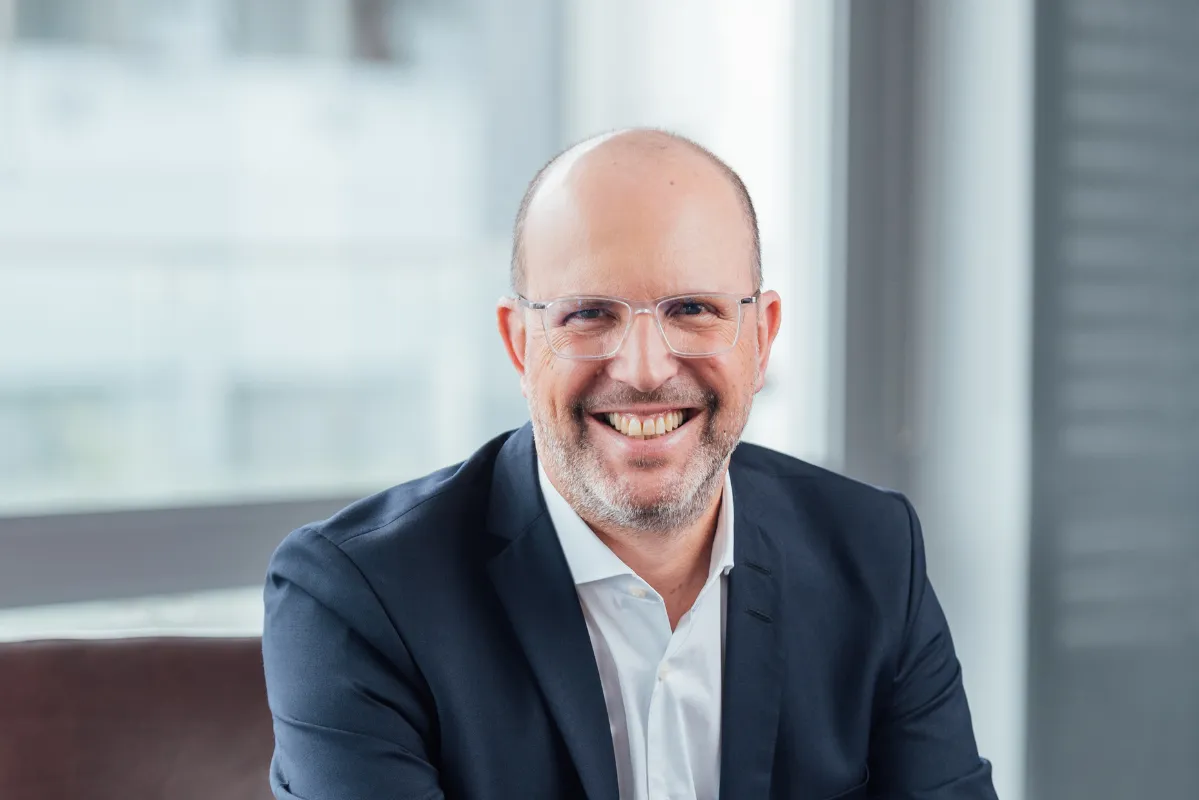
There’s never been a better time to invest in SA
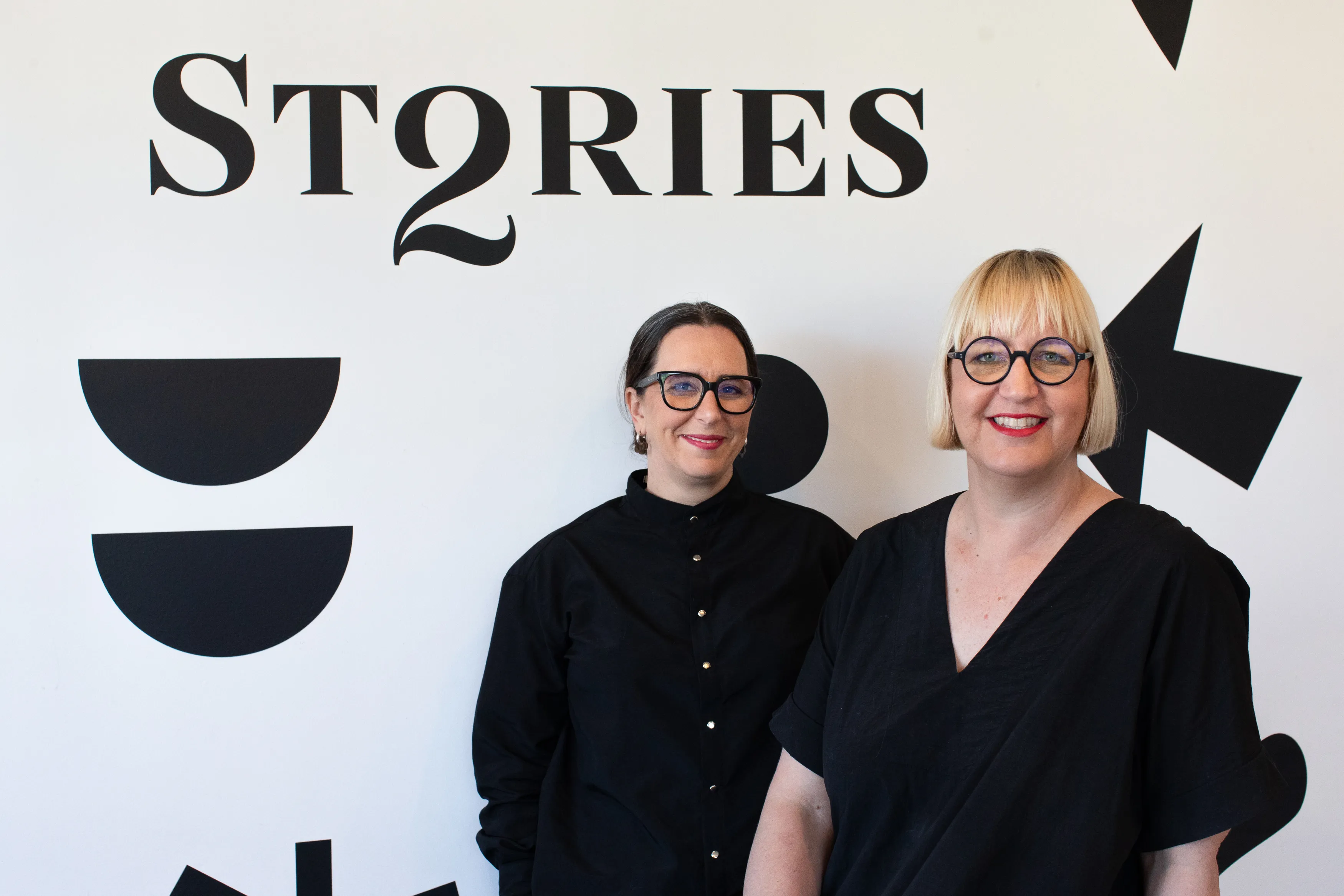
The Up&Up Group has acquired a strategic stake in content marketing agency 2Stories.

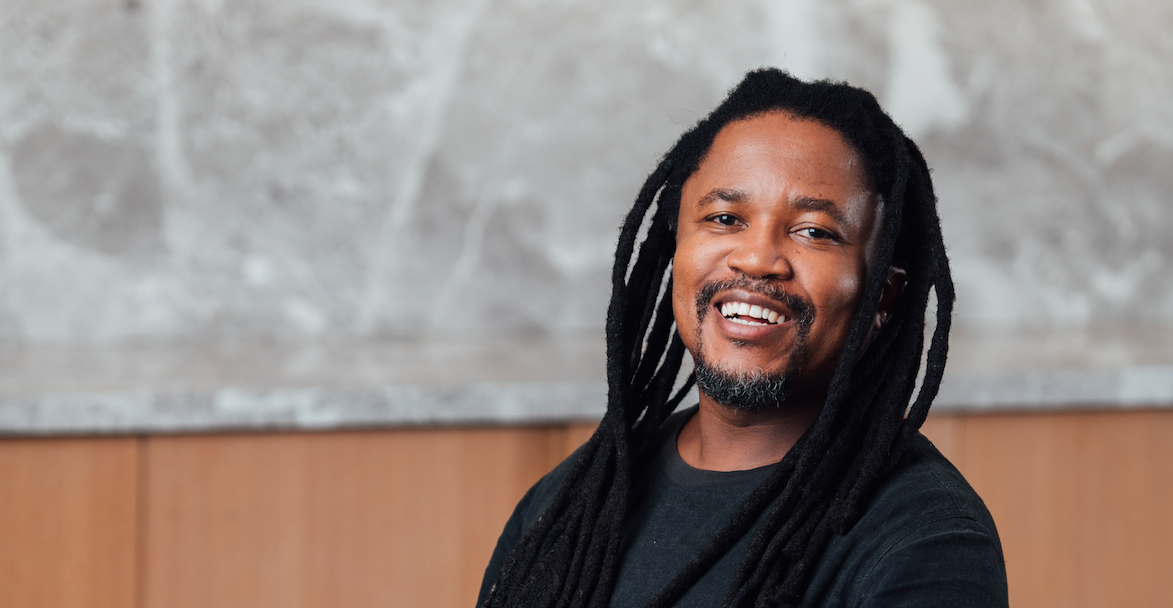
.webp)
